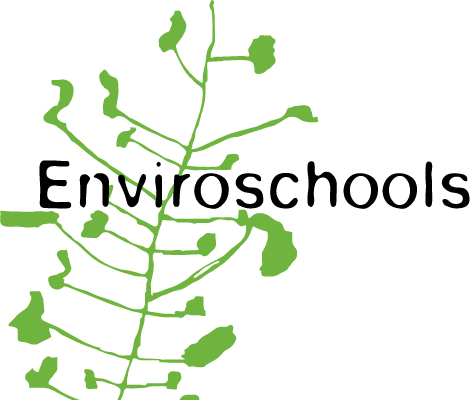Enviroschools is a nationwide programme that supports children and young people to plan, design and implement sustainability actions that are important to them and their communities.

About
Our Guiding Principles: Ngā Mātāpono
The Enviroschools kaupapa is based on five guiding principles. Early childhood centres and schools are encouraged to integrate these five principles in all the learning and action that they undertake.
1. Empowered Learners
2. Learning for Sustainability
3. Te Ao Māori
4. Respect for Diversity
5. Sustainable Communities
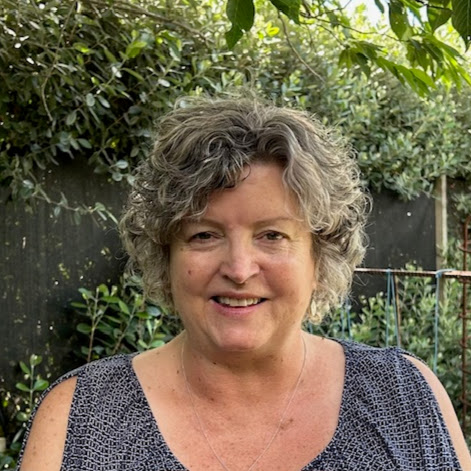
Annie McDonald is the Enviroschools Regional Coordinator and Environmental Educator in Marlborough. She has a psychology degree with studies in environmental geography, and is an experienced teacher, having taught primary, secondary and adult students. Annie is passionate about helping teachers and students to have a greater understanding of our relationship with nature, and the part we can play in helping to regenerate, enhance and care for the beautiful place we live in.
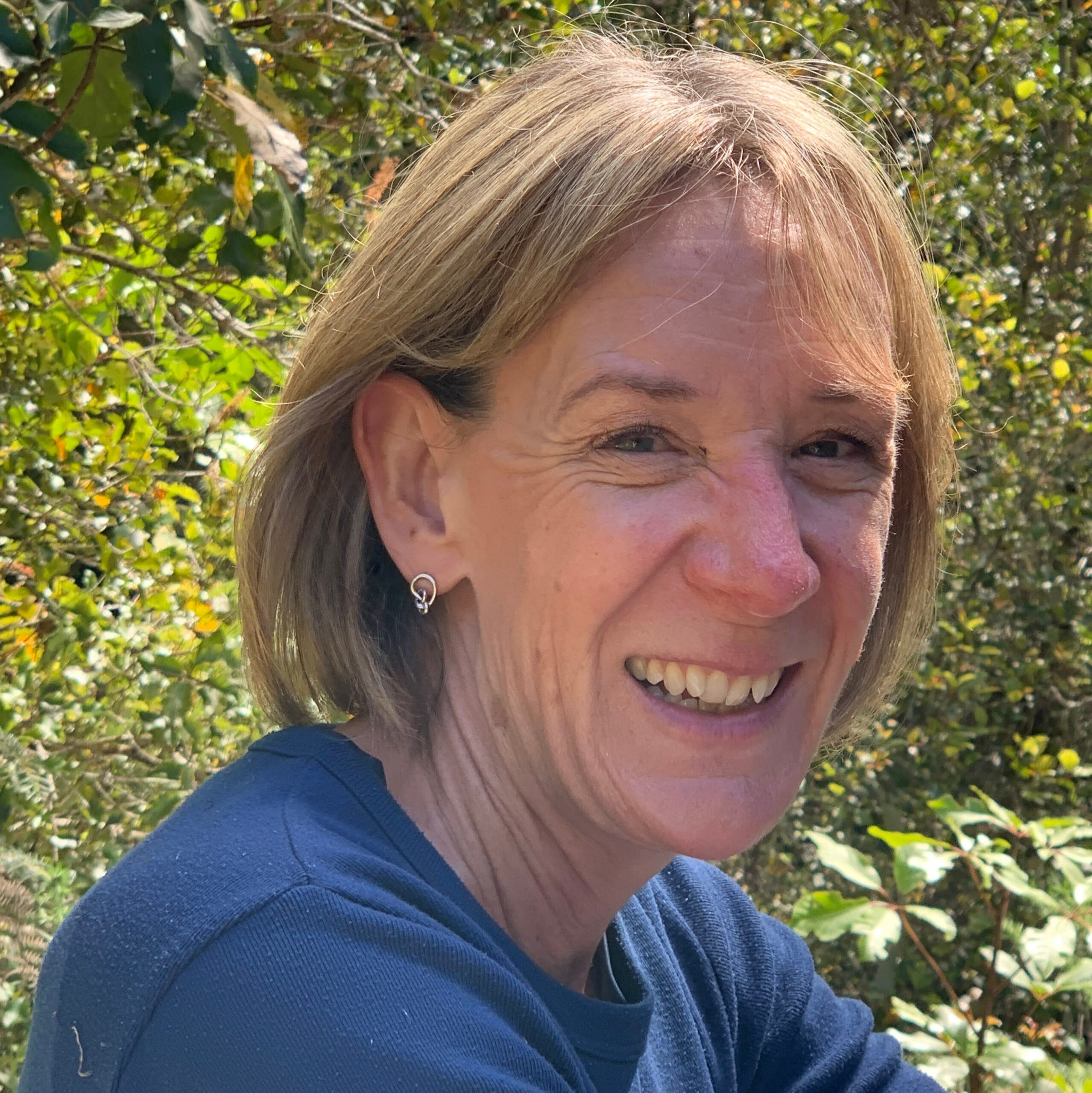
Angela Wentworth is an Enviroschools Facilitator and coordinator of the Kids’ Edible Gardens programme in Marlborough. After graduating with a Bachelor of Horticulture from Massey University, Angela has gained a wealth of experience in nursery production and education – passing on her passion and experience to people of all ages. Angela’s philosophy is that taking a holistic approach to the environment; nurturing the soil, insects and ecosystem, is just as important as the plants you grow.
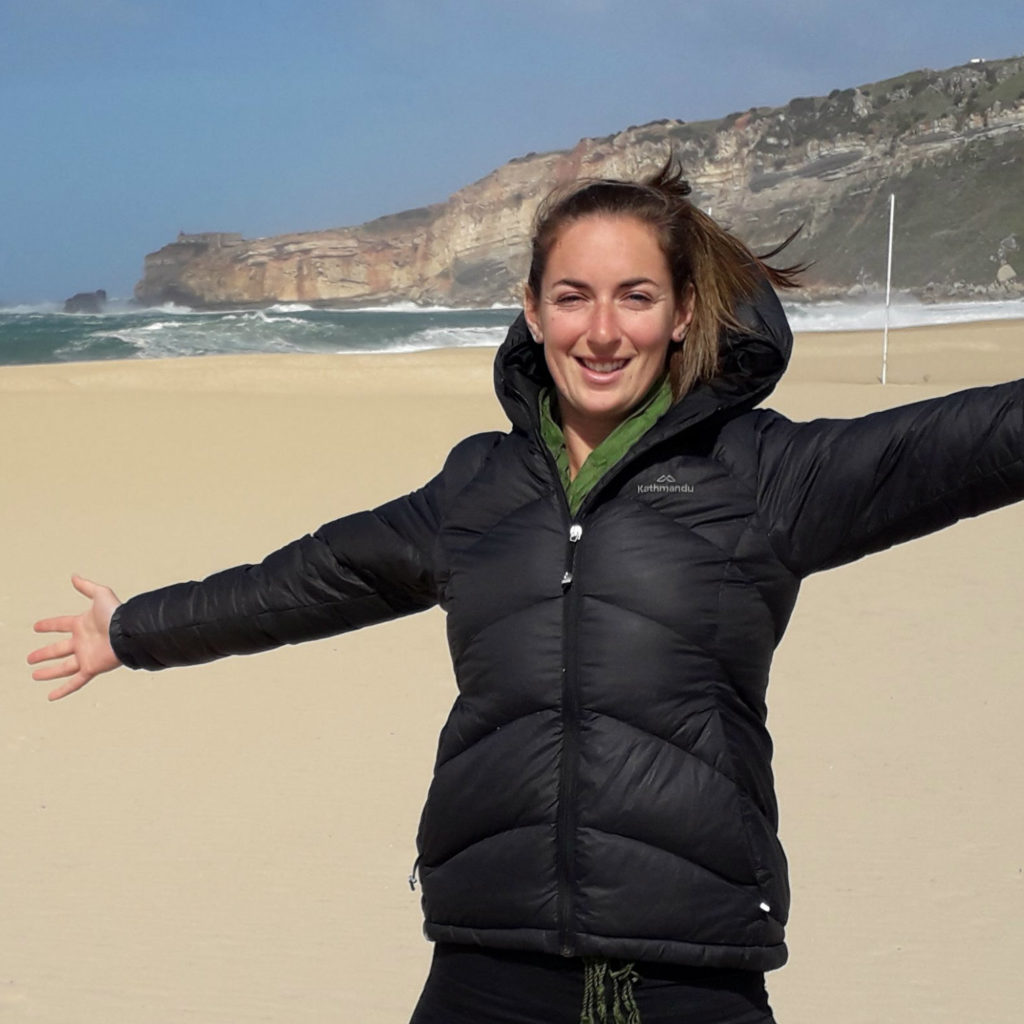
Ramona Millen is an Enviroschools Facilitator and Early Childhood Teacher. She has a Bachelor of Visual Arts and Design and a Graduate Diploma in Early Childhood Teaching. She has strong links with the natural environment having growing up in the Marlborough Sounds, and strives to include this love and passion through her educational role with young tamariki. Ramona strives to empower those around her with the knowledge of how to look after themselves and Papatūānuku.

Since Marlborough became part of the Enviroschools network in 2005, involvement in the region has grown from the five schools that took part in the initial pilot programme to include all 29 of our schools and all seven kindergartens. That gives us the opportunity to connect with over 7,000 students and their families.
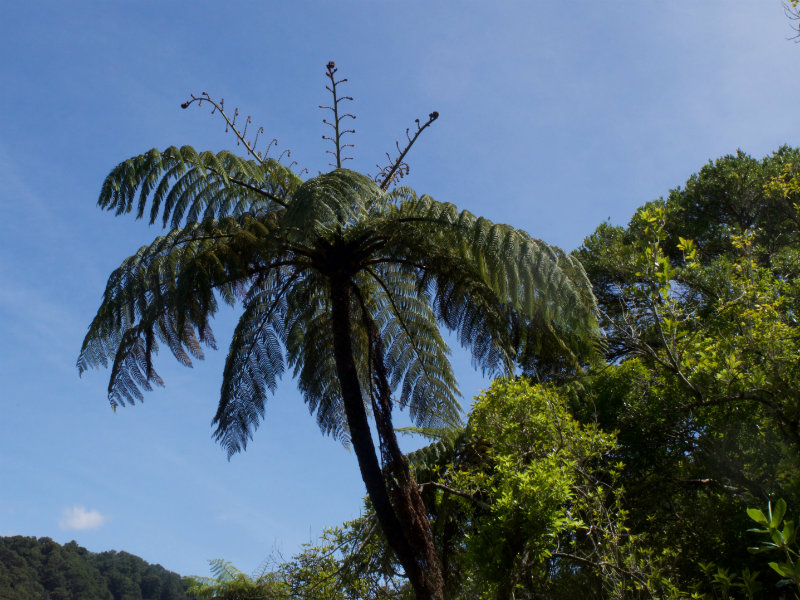
It has been exciting to see the programme develop in our region, driven by strong leadership from principals and teachers, and a council prepared to support education for sustainability. We are lucky to have a collaborative approach to education in Marlborough, and supportive partners like DoC who share our commitment to protect and preserve the stunning physical environment that we live, work and play in. Over the past 50 years, humans have changed ecosystems more rapidly and extensively than in any comparable time in human history. If we are preparing our students to be future focused, then we need to equip them with the skills they need for our changing world. Enviroschools offers us this opportunity.
For children and young people, Enviroschools can be a lifelong journey from early childhood through primary, intermediate and secondary school and beyond. A focus on the journey, not just the destination, supports long-term participation; lasting changes can take many years to become embedded, but every step is a change in itself. With over a decade of development and growth, we are hearing people refer to Enviroschools as a movement for positive change in this country, towards a generation of innovative and motivated young people who instinctively think and act sustainably.
Every Enviroschool follows a unique journey that:
- develops from small beginnings and gathers strength and breadth along the way
- empowers tamariki and students
- builds sustainable communities
- integrates into the curriculum: both Te Whāriki and the New Zealand Curriculum
- is grounded in Māori perspectives
- embraces cultural diversity
- engages in the physical, social, cultural and political aspects of the environment
- builds towards being a whole-school/centre approach.
This developing strength is supported by:
- The five Guiding Principles/Ngā Mātāpono of the programme
- The four key areas that make up a Whole School/Centre Approach
- The Action Learning Cycle (main learning tool)
- The Enviroschools Process (main elements that schools undertake)
- The Enviroschools Theme Areas
The Marlborough District Council funds and coordinates the Enviroschools programme in the Marlborough region.
Schools are supported with a facilitator to help guide them, with resources to deliver Enviroschools, and with opportunities to embed the programme through professional development.
As there is no fixed formula for being an Enviroschool, this support looks different in each school.
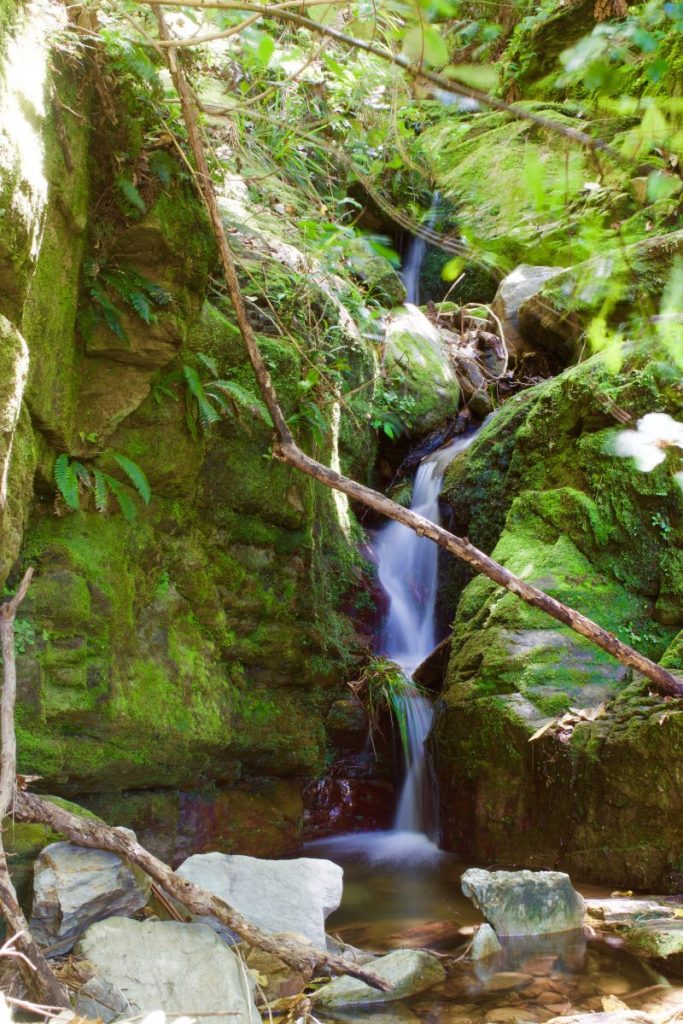
Enviroschools is different in every school, which is the exciting part for all of us working with the programme. Check out our local stories to see how Enviroschools looks in action in Marlborough.
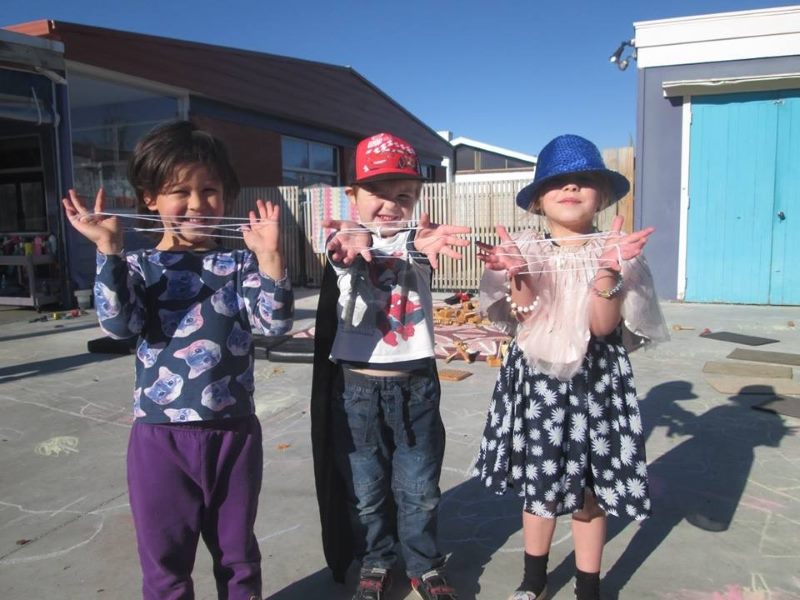
Kindergartens
The Marlborough Kindergarten Association facilitates the Enviroschools programme in all of its eight kindergartens, and supports teachers to look at the emergent learning process with a “Green Lens”. Tamariki are encouraged to connect with nature in many different ways and to learn to respect the natural world and to approach it with a sense of curiosity and wonder. Māori perspectives are strong and embedded in daily practice, and opportunities are taken to share learning with whānau.
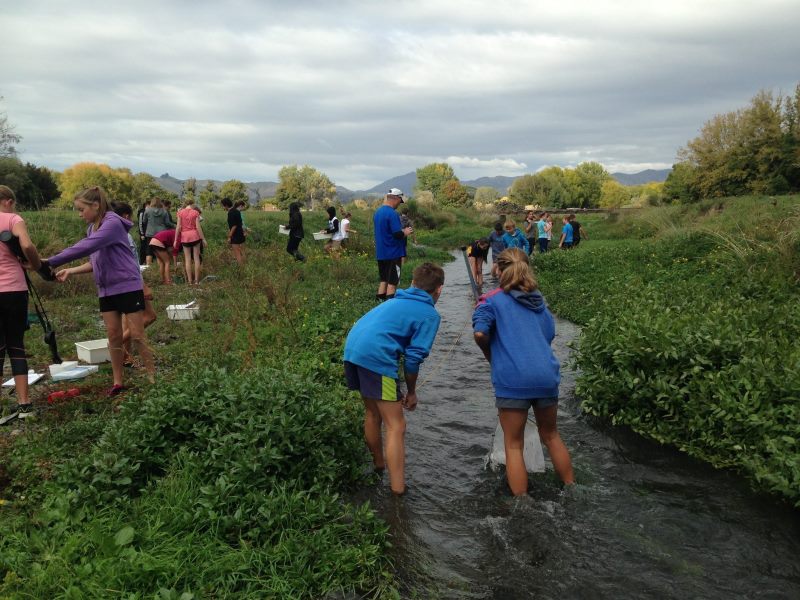
Primary and Intermediate Schools
The Enviroschools journey in primary and intermediate schools is being led more and more by students, who come up with some innovative ways to protect and enhance both the school and wider environments. Teachers support students as they grow their knowledge through inquiry and action. Some schools do whole school theme areas, while others weave the Enviroschools guiding principles into inquiry topics. Some schools do a weekly focus on the four key areas, while others work alongside community partners to develop or restore a special area.
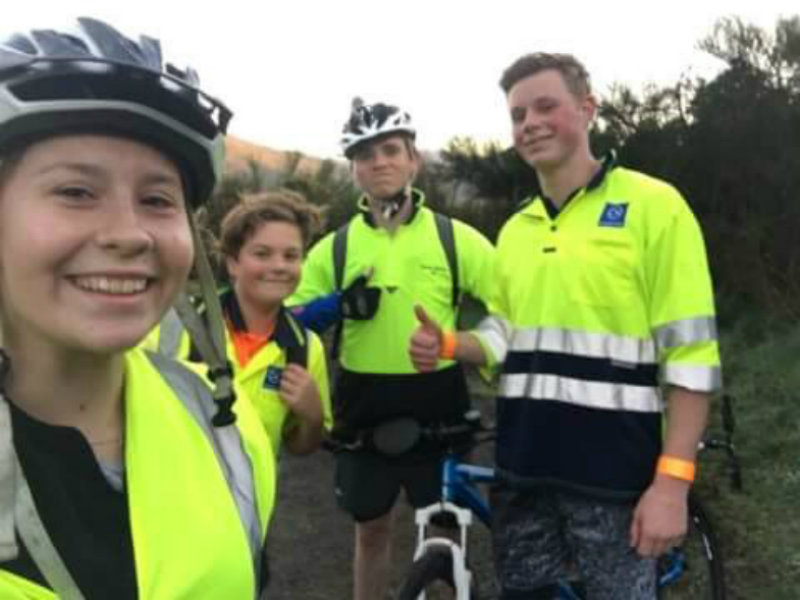
Secondary Schools
Secondary schools have two parts to their Enviroschools programmes. Some schools run Education for Sustainability standards within subjects, with a focus on building knowledge or taking personal action. Most of our secondary schools also have Enviro-groups that lead events and actions within their schools, connecting students with each other, environmental issues and the wider community.
